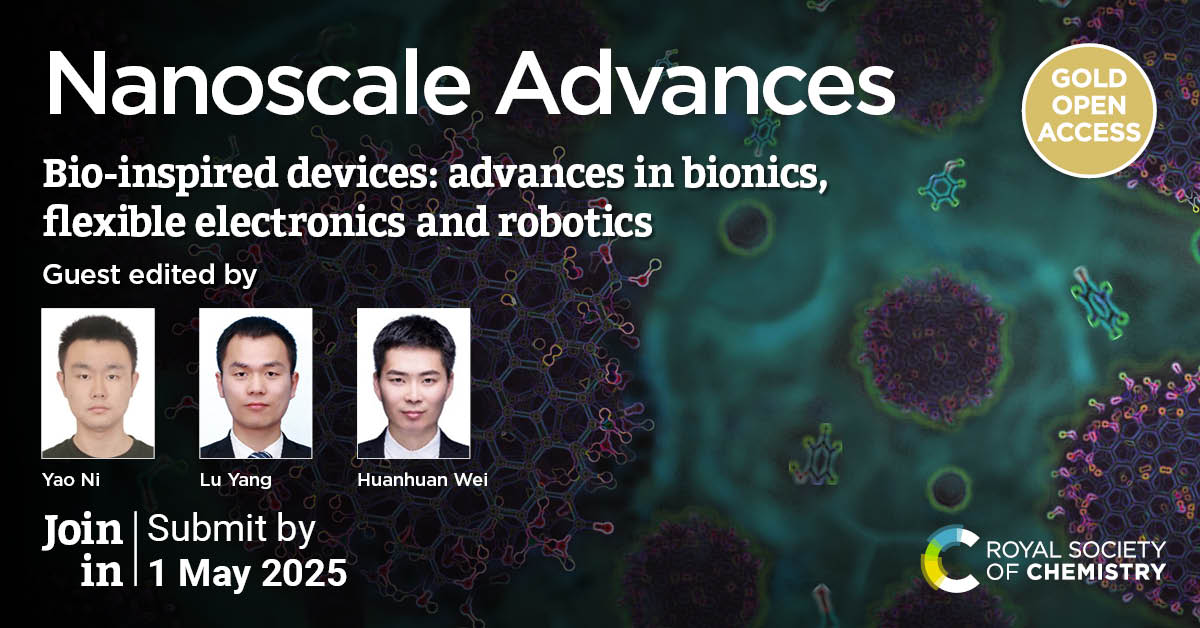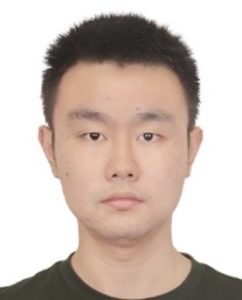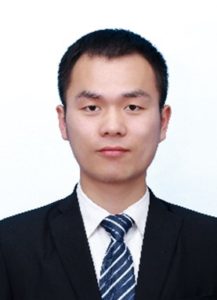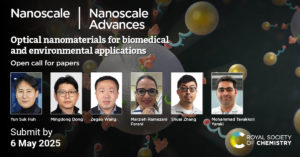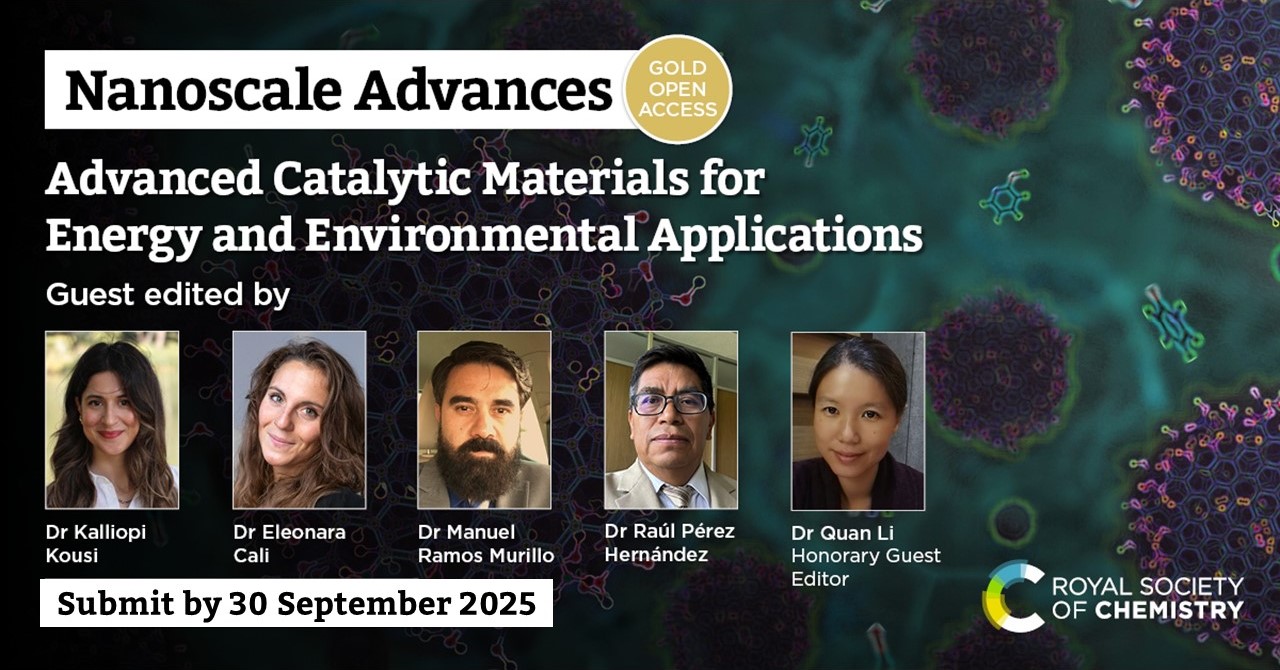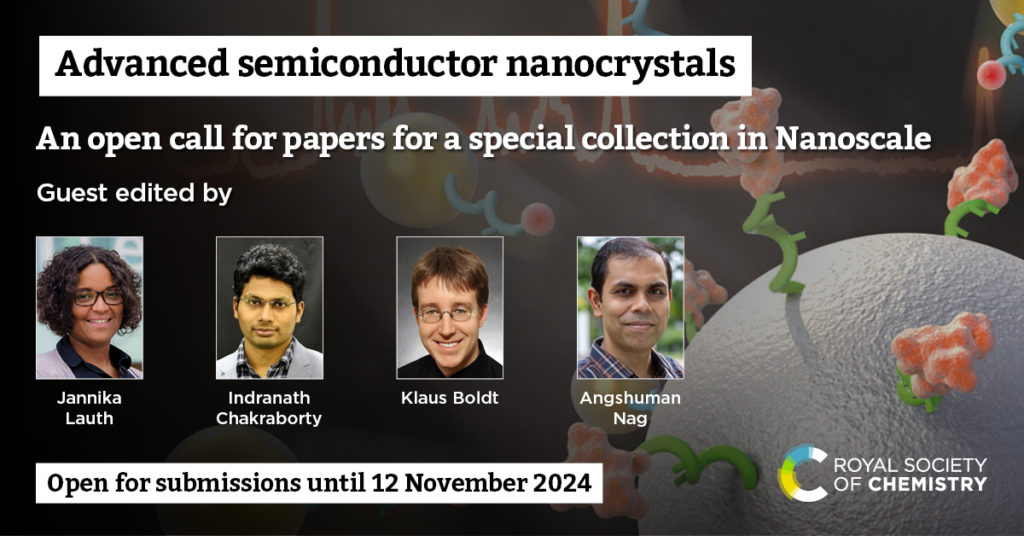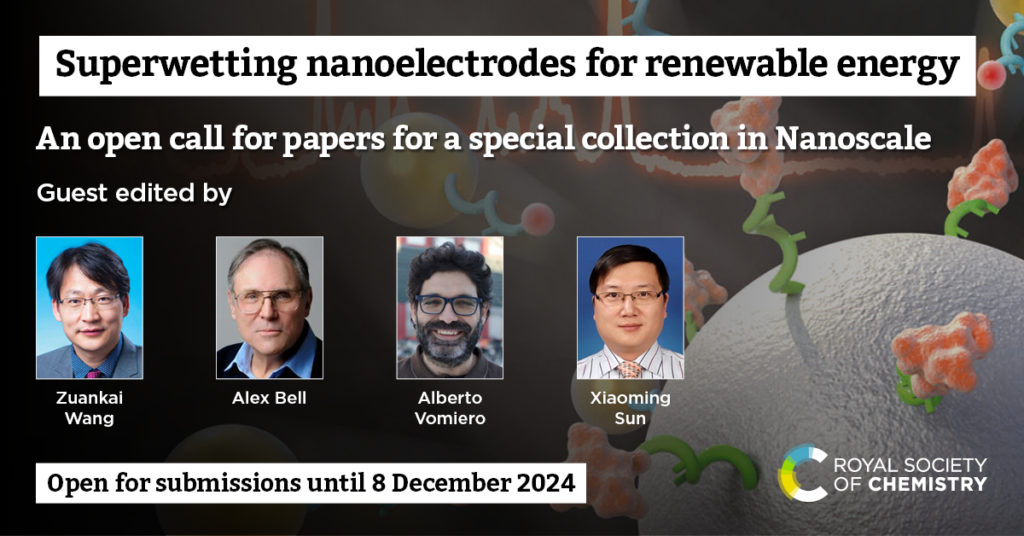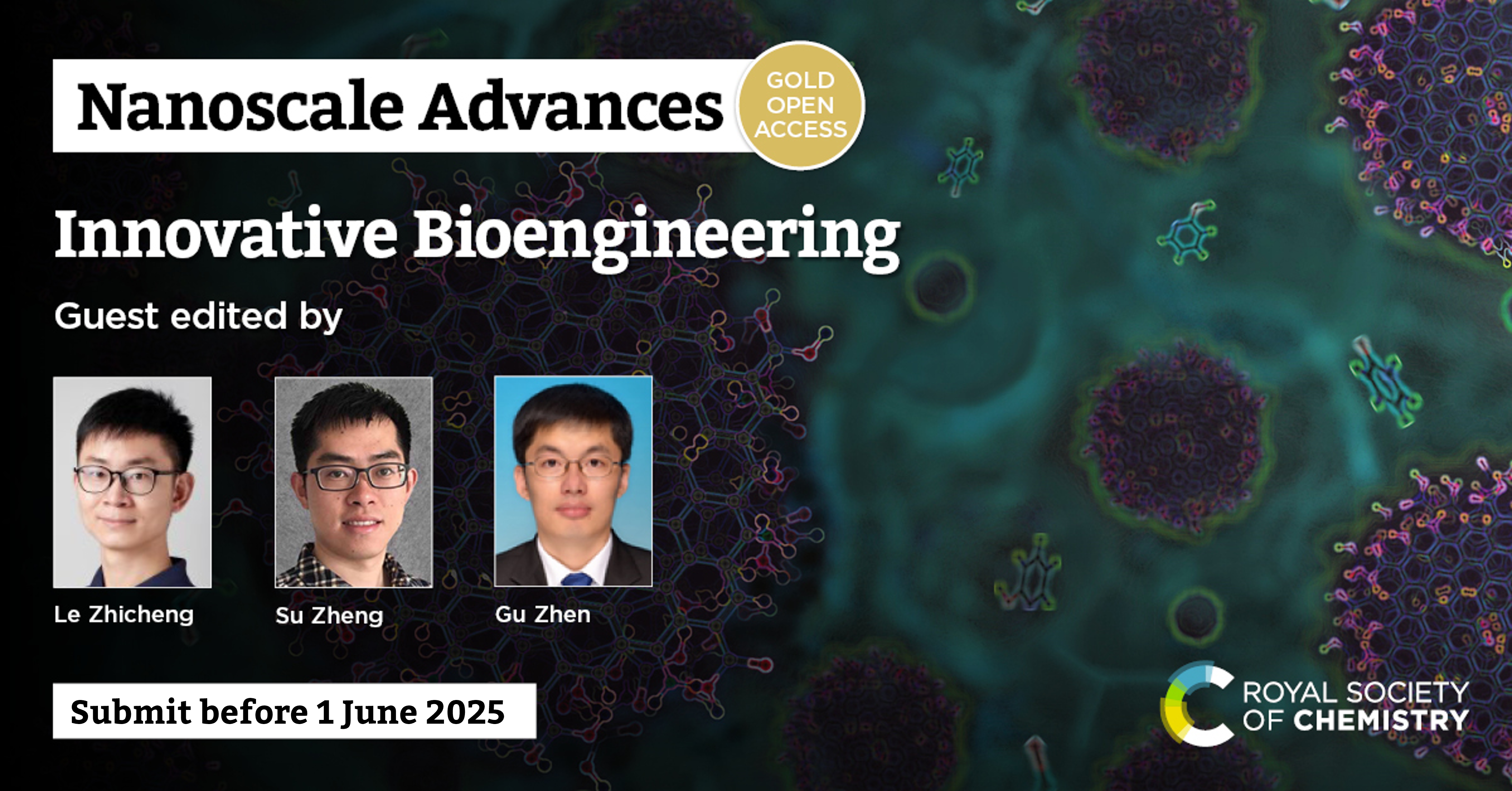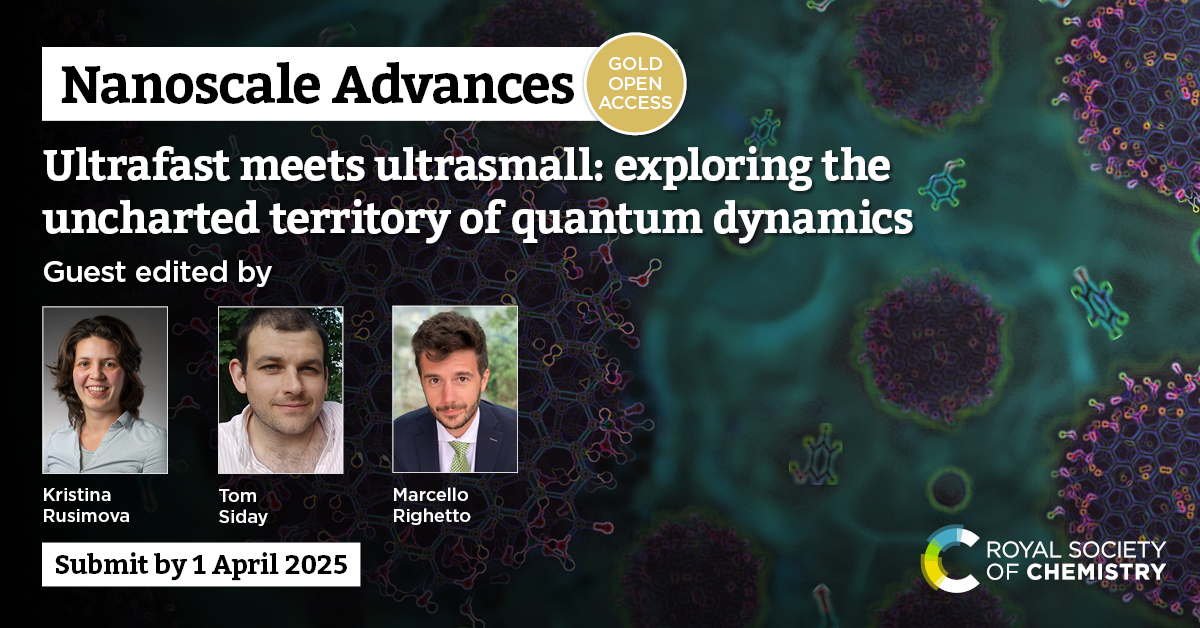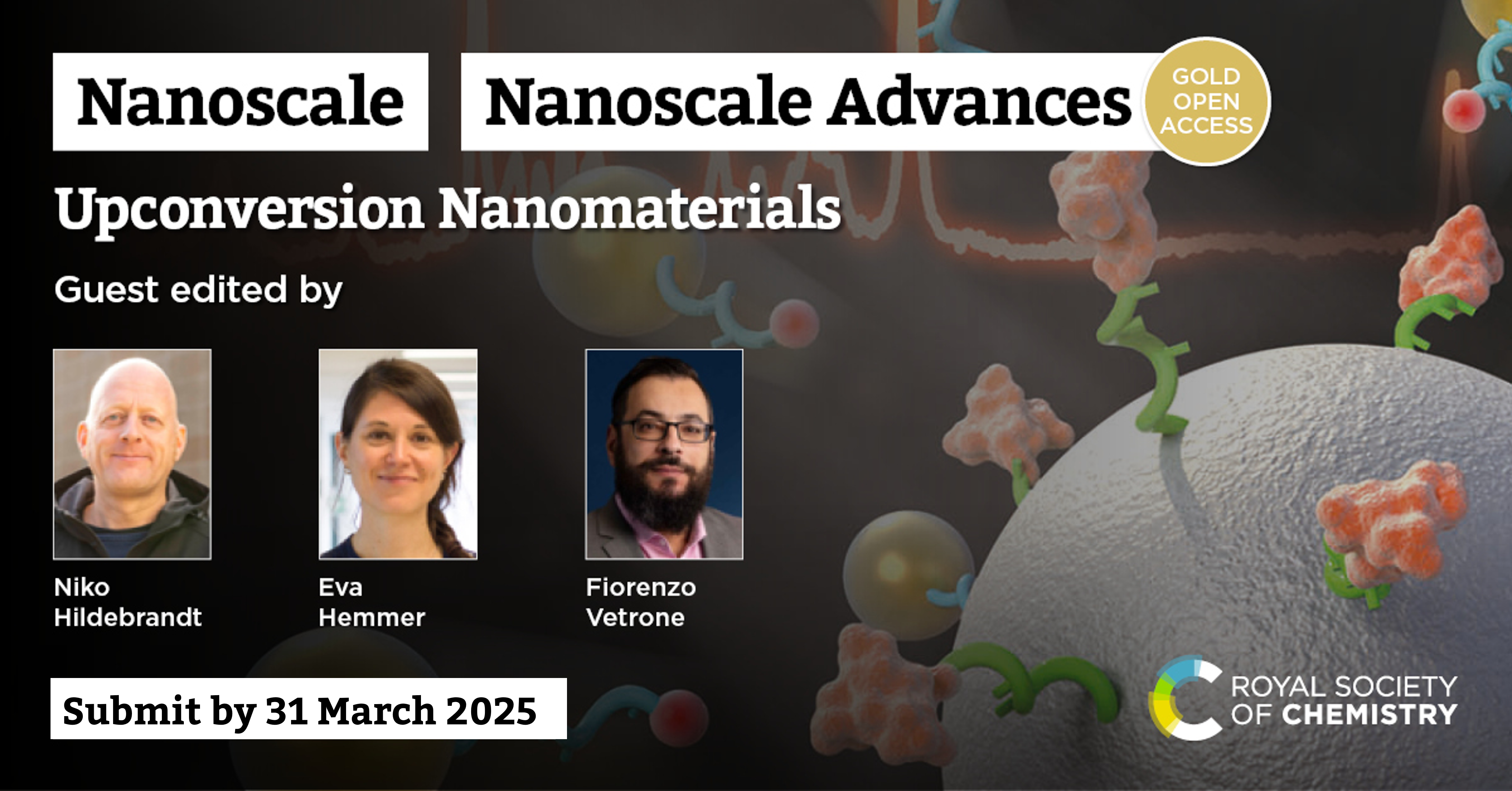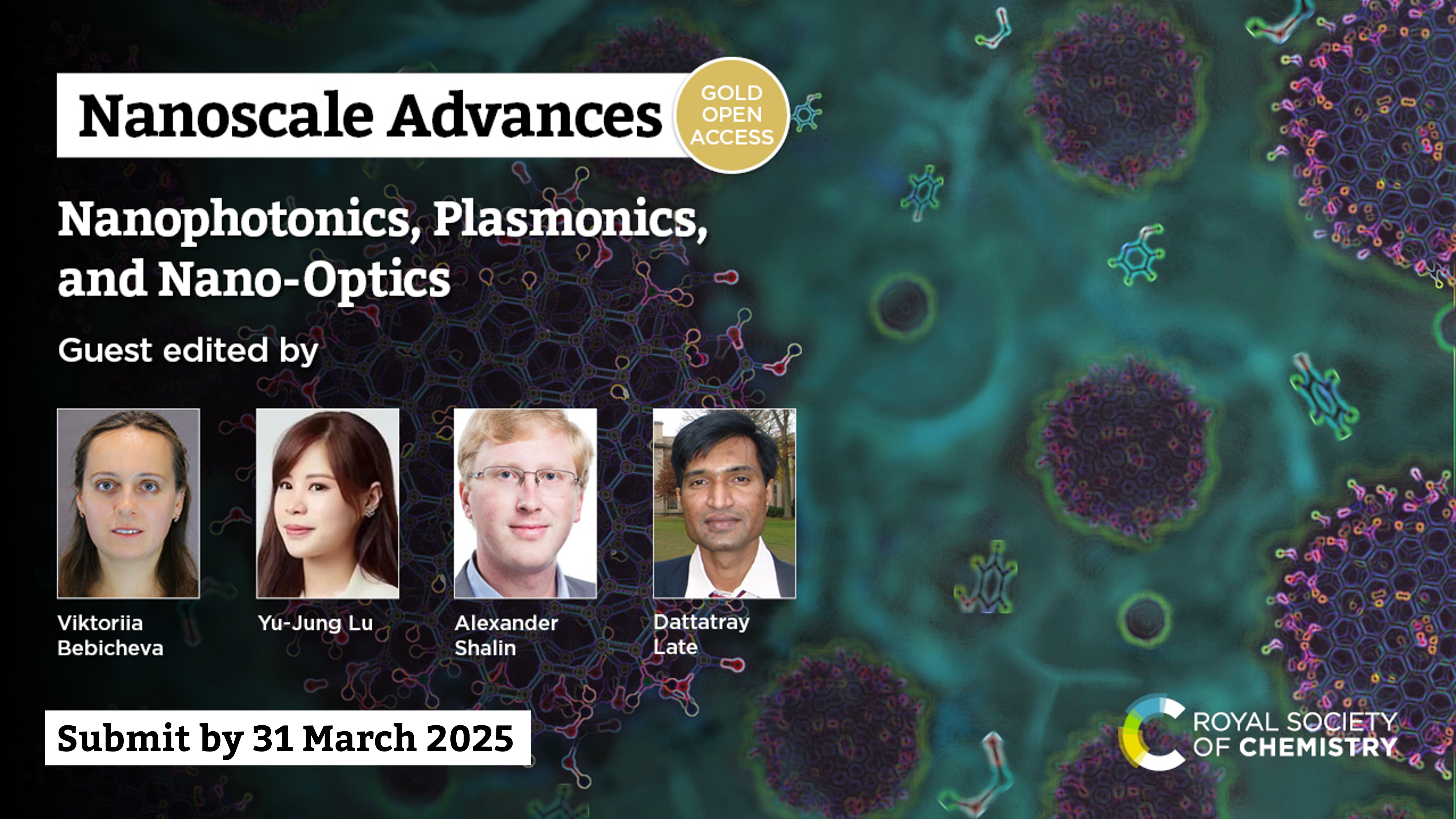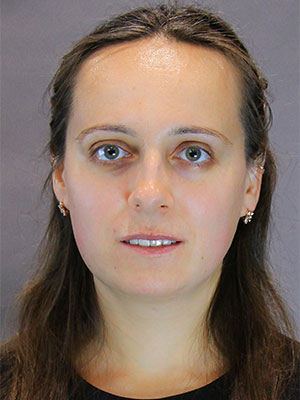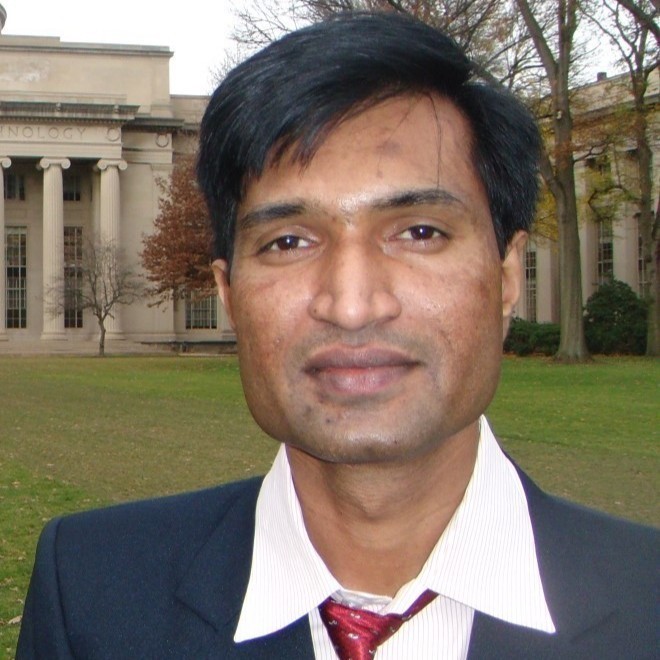Open Call for Papers – Nanomedicines for Crossing Biological Barriers
Guest Edited by Lucie Sancey, Ariane Boudier, Elise Lepeltier , Marie-Pierre Rols, Jeanne Leblond Chain, and Nguyễn T. K. Thanh
Nanoscale is pleased to announce an open call for papers to an upcoming special collection on Nanomedicines for crossing biological barriers. This collection is guest edited by Lucie Sancey (Institute for Advanced Biosciences, CNRS, France ), Professor Ariane Boudier (University of Lorraine, France), Professor Elise Lepeltier (University of Angers, France), Marie-Pierre Rols (The Institute of Pharmacology and Structural Biology, CNRS, France), Jeanne Leblond Chain (University of Bordeaux, France), and Professor Nguyễn T. K. Thanh (University College London, UK).
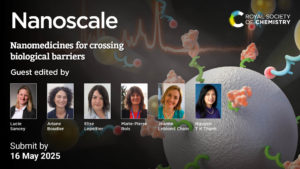 Nanotechnologies have opened very promising opportunities to treat diseases with the design of nanomaterials able to cross the different biological barriers encountered and to interact specifically with diseased tissues. Whatever the administration route, numerous biological, physical and chemical barriers have to be overcome: endothelium, macrophages, endosome, mucus, surfactants, pH, enzymes etc. In nanomedicine, the goal is to develop multimodal nanoplatforms to speed up targeted diagnosis, to increase its sensitivity, reliability and specificity for a better management of diseases (patient’s care) and to treat them in a targeted and personalized manner.
Nanotechnologies have opened very promising opportunities to treat diseases with the design of nanomaterials able to cross the different biological barriers encountered and to interact specifically with diseased tissues. Whatever the administration route, numerous biological, physical and chemical barriers have to be overcome: endothelium, macrophages, endosome, mucus, surfactants, pH, enzymes etc. In nanomedicine, the goal is to develop multimodal nanoplatforms to speed up targeted diagnosis, to increase its sensitivity, reliability and specificity for a better management of diseases (patient’s care) and to treat them in a targeted and personalized manner.
In the SFNano 2024 workshop, new approaches for nanomedicine in the imaging, diagnosis and theranostic fields are presented, with a special focus on the nanomaterial chemistry (e.g., polymers, DNA, RNA, peptides, proteins, carbohydrates lipids, gels), in the context of infectious, cardiovascular and immune diseases, vaccination, and cancers. A special light was placed on translational studies from scale up to clinical applications. Indeed, for further translation in clinics of such nanoplatforms, a key step is the scaling-up of these nanoplatforms by taking into account environmental considerations and GMP conditions and regulatory constrains. Therefore, a key challenge today is the development of scaled-up synthesis methods such a continuous flow synthesis of water-based synthesis and also the analysis/control of by-products at each synthesis steps.
This collection will be aligned with the SFNano 2024 workshop and will cover several crucial aspects of nanomedicine:
- Design, synthesis, formulation & characterization of nanomaterials: inorganic or organic nanoparticles, gel
- In vitro and in vivo validation of nanomedicine
- Multimodal Imaging (e.g. MRI, MPI, SPECT, PET, ultrasound)
- Multimodal therapy (e.g, hyperthermia, chemo therapy)
- Translation studies for infectious, cardiovascular and immune diseases, vaccination and cancers
- Scaling-up strategies for clinical applications.
Open for submissions until 16 May 2025
How to submit
Articles can be submitted at any time before the deadline via the journal’s online submission system for Nanoscale. Accepted articles will be published in a citeable format in regular journal issues as soon as possible and collated into the themed collection online. We are looking forward to receiving your submission, which is welcomed any time before the 16 May 2025 so that this collection can become available to you and the community as soon as possible.
Please note that Nanoscale is a hybrid (transformative) journal, and articles can be published either via the usual subscription model or open access (article processing charges are required). When ready, please submit your article directly to the submission system for Nanoscale. Please mention that your submission is a contribution to the “Nanomedicines for Crossing Biological Barriers” collection in the “Themed Issues” section of the submission form and is in response to the Open Call.
Please note that all submissions will be subject to initial assessment and rigorous peer review to meet the usual high standards of Nanoscale. All articles featured in the collection must be in scope and as such final inclusion is not guaranteed and will be up to the discretion of the guest editors.
We look forward to receiving your latest work and considering it for this collection. Please do get in touch at nanoscale-rsc@rsc.org if you have any questions at all.











